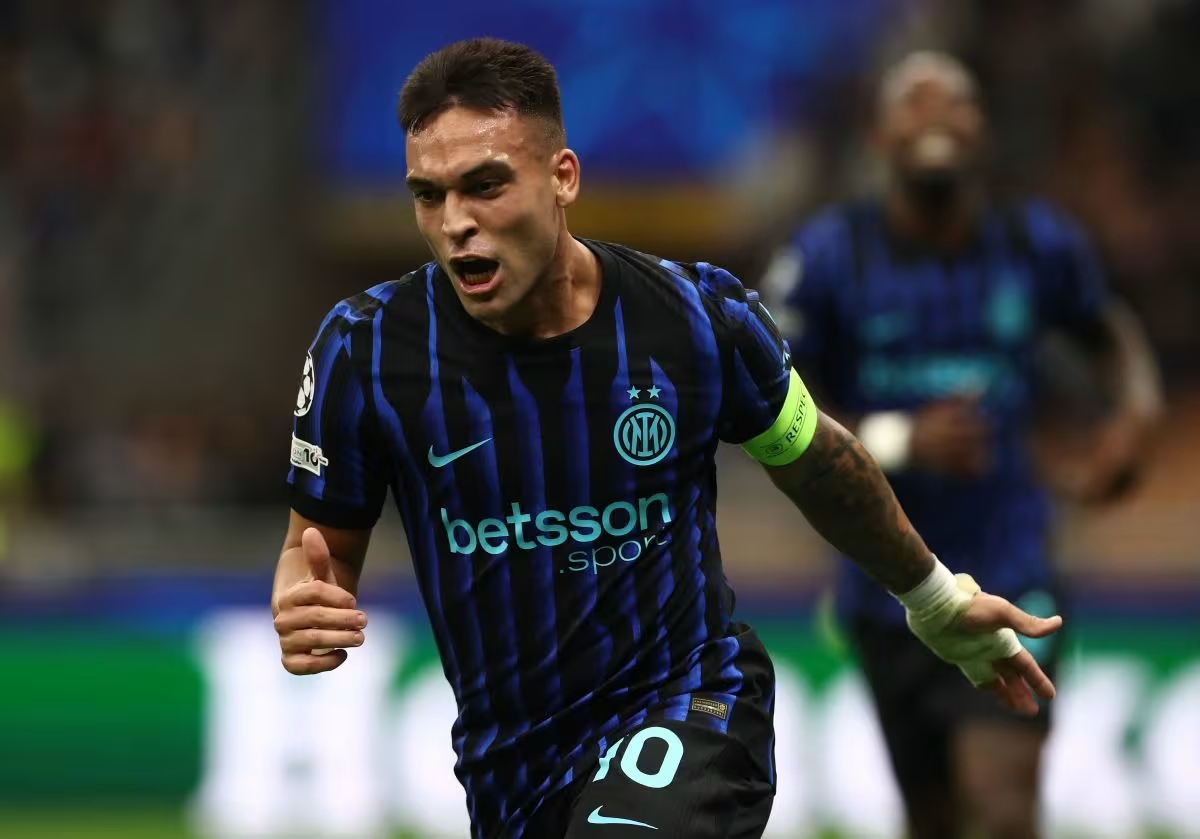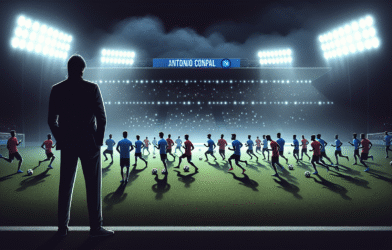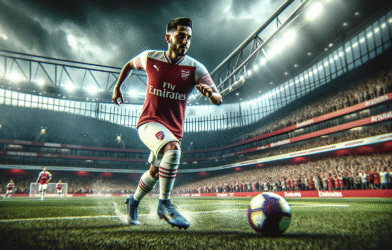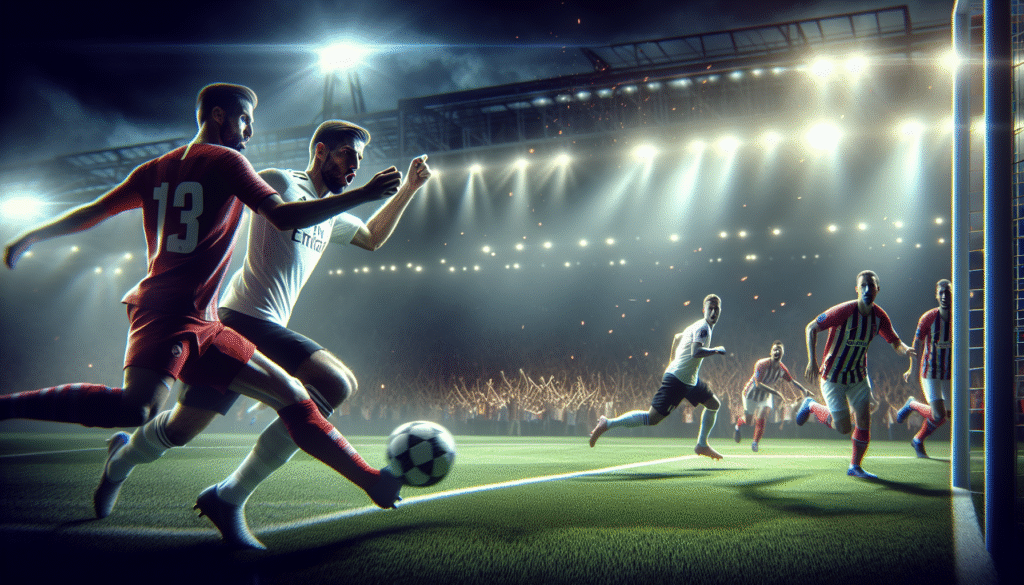Subtotal $0.00
Match Overview
Team Setup and Opening Moments
Inter Milan Slavia Prague entered the night with a plan that blended solidity and ambition. Inter lined up in a compact 4-2-3-1, with full-backs offering width and midfielders screening the center. Slavia Prague pressed aggressively at moments, but Inter’s crisp passing lanes and measured buildup kept the ball in their control. The opening exchanges set a clear tone: Inter wanted tempo, not chaos, and they achieved that through patient circulation followed by sharp transitions. This approach showed early intent from Inter Milan Slavia Prague and framed a night where discipline and organization would decide the rhythm. The English referee Chris Kavanagh’s handling of the fixture drew praise from observers, with Gazzetta dello Sport via FCInterNews describing the officiating as spotless.
First Half and Defining Spurt
The first half witnessed Inter convert control into a lead through a sequence of well-constructed moves. Inter exploited gaps as Slavia’s pressing hinged on urgency rather than flawless coverage. Their buildup was deliberate, and the transitions were crisp, catching Slavia on the hop multiple times. The breakthrough came from patient build-up and a well-timed final pass that unlocked the visitors’ defense. Inter’s second goal in the half arrived through a similar pattern: calm possession, disciplined positioning, and decisive finishing. The result at the interval reflected a night where Inter Milan Slavia Prague executed a game plan precisely and punished any lapse in Slavia Prague’s defensive shape.
Refereeing Performance
Kavanagh’s Game Management
Chris Kavanagh managed the fixture with minimal disruption, guiding play with clear signals and consistent application of the laws. His calm presence helped sustain a steady tempo, avoiding controversial moments that could derail a European night. In a competition where a single flag or whistled foul can spark debate, the absence of dramatic decisions was itself a sign of clean officiating. The coverage from Gazzetta dello Sport via FCInterNews highlighted the spotless nature of the performance, reinforcing trust in the officiating and allowing both teams to focus on football. For Inter Milan Slavia Prague, such off-ball clarity supports a more composed coaching plan and steadier player execution.
Impact on Tempo and Decisions
Marginal calls leaned toward smooth flow rather than game-changing moments. There were no contentious penalties or late fouls that unsettled the match, which helped Inter press with purpose and Slavia Prague to cope with sustained pressure. A well-managed whistle matters, especially for teams relying on disciplined transitions and compact defense. Observers noted how Kavanagh’s performance contributed to a cleaner, more football-focused night. This narrative matters beyond one fixture, as future European nights demand consistent refereeing to preserve rhythm. For readers seeking corroboration, FCInterNews provided coverage of the officiating.
Key Moments
Turning Points of the Night
The night’s turning points were efficient rather than spectacular. Inter capitalized on pressure moments when Slavia’s defense stepped out of line, converting those opportunities with clinical finishing. The sequence of goals emphasized that execution in the final third matters as much as structure in defense. Inter’s patient build-up, combined with quick, precise final passes, created goals that felt earned rather than fortunate. The three-goal margin reflected a night where Inter Milan Slavia Prague translated planning into decisive outcomes on a European stage.
Slavia Prague’s Defensive Moments
Slavia Prague battled hard but were exposed by Inter’s rhythm. Gaps opened in midfield as the pressing intensified, and Inter exploited those spaces with staggered runs and smart rotations. The visitors showed grit and organization, yet the defensive block could not sustain the pressure for the full 90 minutes. The result underscored a lesson: even solid structure needs relentless execution under European coaches’ challenge. For a deeper dive, readers can consult Gazzetta dello Sport for contemporary match analysis and reaction.
Tactical Analysis
Defensive Discipline and Compact Shape
Inter’s success rested on a disciplined defensive block that tightened spaces and limited Slavia Prague’s counter-attacks. The backline held lines well, with full-backs providing width when needed and central midfielders acting as a shield. The compactness denied time and space in the middle, forcing play wider and into less dangerous zones. This shape allowed Inter to win second balls and press efficiently, turning defense into quick, controlled attacks. Such cohesion is a hallmark of a team that has learned to balance defense with clinical transition play, reinforcing the idea that Inter Milan Slavia Prague can thrive in European nights when organizational clarity prevails.
Transition Play and Attacking Variety
Inter’s transition from defense to attack was crisp and purposeful. They mixed pace on the flanks with patient buildup through the middle, keeping Slavia off balance. The front three rotated with intelligence, pulling defenders out of position and generating space for late runs into the box. The variation in attack—quick switches, diagonal balls, and well-timed cut-backs—kept the visitors guessing and created multiple high-quality chances. This blueprint showcased how Inter Milan Slavia Prague can convert a solid defensive plan into a dominant offensive performance in European competition.
Implications for the Group
Group Standings and Confidence
The 3-0 victory tightened Inter’s grip on the group, yielding three crucial points and a healthier goal difference. The win signals confidence to teammates and observers that the team can manage a group campaign with poise. A clean sheet and three well-taken goals bolster morale as Inter prepare for further European and domestic challenges. The result underlines the importance of maintaining focus across all phases of play and could influence coaching decisions in upcoming fixtures where every point counts in the race to the knockout stages.
What Slavia Prague Must Fix
For Slavia Prague, the defeat exposes vulnerabilities that must be addressed quickly. Coping with sustained pressure from high-pressing teams requires tighter organization in transition and tighter spacing between lines. Closing gaps between the midfield and defense will be crucial, as will more incisive counter-attacking options when the opportunity arises. The experience gained from this clash should inform Slavia Prague’s approach in the remainder of the group stage and in domestic fixtures. For broader group-stage context, see UEFA Champions League coverage.















